Fire is one of the most common type of disaster to affect wildlife rehabilitation centers. Treating victims of fire is challenging and requires special knowledge and skills. 2020 began with the disastrous burns in Australia, continued with fires all around the globe including South and Central America as well as Africa, South East Asia, the US and Canada. In later 2020 and 2021, COVID-19 reduced the amount of fire preparation done in anticipation of fire season, as well as making it more difficult to control the blazes once they have begun.
Featured Presenters:
- Michelle Campbell Ward MANZCVS, DZooMed, MRCVS a wildlife veterinarian at the Taronga Western Plains Wildlife Hospital. Dr. Campbell worked with some bushfire victims and provided support and advice to those working directly with the disaster. She is interested in the ethics and animal welfare and is currently researching this topic as it pertains to the bushfires.
- Pat Latas, DVM, former IWRC board member who is currently a volunteer in consultations for avian health welfare and well-being. She has worked as a wildlife avian veterinarian in many contexts in the South West where she has had to deal with fire and its aftermath extensively. Dr. Latas serves on a number of committees and boards and has observed, and occasionally worked with wildlife in South Australia, New Zealand, New Caledonia, Ecuador, Brasil, and Costa Rica.
- Lloyd Brown CWR, a long time instructor, IWRC board member, and rehabber of about 20 years who runs a small clinic in South Florida. Mr. Brown also works as a firefighter, technical rescue technician, and paramedic. He designed and taught the first disaster preparedness class specifically for rehabbers.
Resources
IWRC resources related to this Coffee & Tea topic

Leave a Reply
You must be logged in to post a comment.